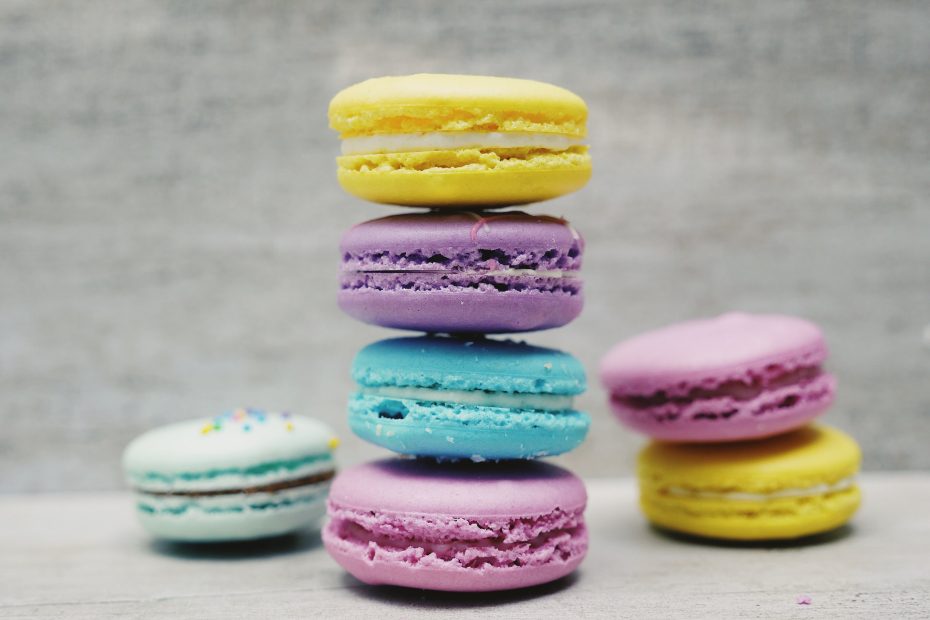The Caribbean island nation of Dominica is often referred to as the “Nature Isle of the Caribbean” due to its lush rainforests, scenic mountains, and diverse wildlife. But beyond its natural wonders, Dominica is also known for its vibrant culture and colorful festivals throughout the year that bring its communities together to celebrate their history, heritage, and traditions. If you want to experience the rhythms of Dominica’s Creole culture, visiting during one of these lively festivals is a must.
Dominica’s carnival is one of its most famous and energetic festivals. Based on traditional European-style carnivals, Dominica’s modern carnival has its roots in African masquerade traditions and includes colorful handmade costumes, lively Calypso music, parades, dances, and street parties. It occurs in the days leading up to Lent each year, culminating on “Fat Tuesday” with a grand parade through the streets of the capital Roseau featuring elaborately costumed bands, drumming groups, stilt-walkers, and dancers. Carnival is a time for revelry, creativity, and bringing people together in celebration before the more somber Lenten period.
Another important festival that showcases Dominica’s Creole heritage is the Creole Festival held each October in the village of Grand Bay. This three-day event features traditional Creole food, arts and crafts, storytelling, folklore, traditional dance such as the Bèlè, and live music performances, mainly the island’s own Cadence-lypso style. The festival aims to preserve and promote Dominica’s unique Creole language and culture that is an amalgam of European, West African, and indigenous Caribbean influences.
For an extravaganza of Caribbean music, the annual World Creole Music Festival held in late October attracts top musicians and bands from across the region and beyond. Held in the heart of Roseau, this three-day open-air festival fills the air with the pulsing rhythms of reggae, zouk, merengue, cadence-lypso, soca, and more against the beautiful backdrop of the Cabrits mountains and Caribbean sea. International artists like Shaggy, Monty Alexander, and La India have all graced the World Creole Music Festival stage since its inception in 1997.
Beyond the major Carnival, Creole Festival, and World Creole Music Fest, Dominica has a number of other festivals and events that provide insight into local culture:
-
Titou Gorge Heritage Day in February celebrates the indigenous Kalinago people with traditional food, dance, and arts at Kalinago Barana Autê village.
-
Dive Fest in mid-March attracts scuba divers and water sports enthusiasts for competitions, demos, parties, and exploration of Dominica’s underwater sites.
-
Jazz ‘n Creole in May is a chance to enjoy local and international jazz artists in an intimate outdoor setting in the Botanic Gardens.
-
The Dominica Film Festival in late June screens local, regional, and international films focused on Caribbean culture and issues.
The festivals of Dominica provide a vivid showcase of the creativity and resilience of Dominican culture. They strengthen community connections on the small island by bringing people together for shared experiences of music, dance, food and fun. The celebrations allow Dominicans to honor their history and find joy and pride in their cultural traditions and heritage.
The festivals also give visitors a taste of authentic Dominican culture beyond the island’s natural attractions. Experiencing first-hand the food, costumes, stories, and rhythms allows one to appreciate this unique Creole culture that blends European, African, and indigenous influences. Dominica may be the “Nature Isle” but its heart and soul is found in the streets during its colorful festivals.
Conclusion
With its lush interior and coastlines surrounded by coral reefs, Dominica deserves its “Nature Island” reputation. But beyond its natural beauty, Dominica reveals its vibrant Creole spirit and culture through its many festivals celebrated annually. Carnival, the Creole Festival, World Creole Music Festival, and other events offer visitors the chance to immerse themselves in Dominican music, dance, food, and community. These important festivals strengthen cultural identity and connections on the small island. So if you want to truly experience Dominica, be sure to plan your trip around one of these energetic celebrations of life, heritage, and pride.
Frequently Asked Questions
What is Dominica best known for?
Dominica is best known for its unspoiled natural beauty, with lush rainforests, mountains, hot springs, and diving sites. It is also famous for its vibrant Creole culture and colorful festivals.
When is Carnival in Dominica?
Dominica’s Carnival takes place each year in February or early March, during the week leading up to Lent. The main parades and street jump-ups occur on the Sunday, Monday, and Tuesday before Ash Wednesday.
What music is Dominica known for?
Dominica has developed its own lively style of music called cadence-lypso, which combines elements of African-Caribbean rhythms like zouk with the storytelling of calypso. It is especially featured during Carnival and the World Creole Music Festival.
What languages are spoken in Dominica?
English is the official language, but Dominica Creole, a French-based creole language, is also widely spoken. There is also an enclave of around 3,000 people that speak the Kalinago language.
What are the best festivals to attend in Dominica?
The top festivals in Dominica include Carnival, Creole Festival, World Creole Music Festival, Titou Gorge Heritage Day, and Dive Fest. The Carnival and music festival are especially vibrant and colorful celebrations.
